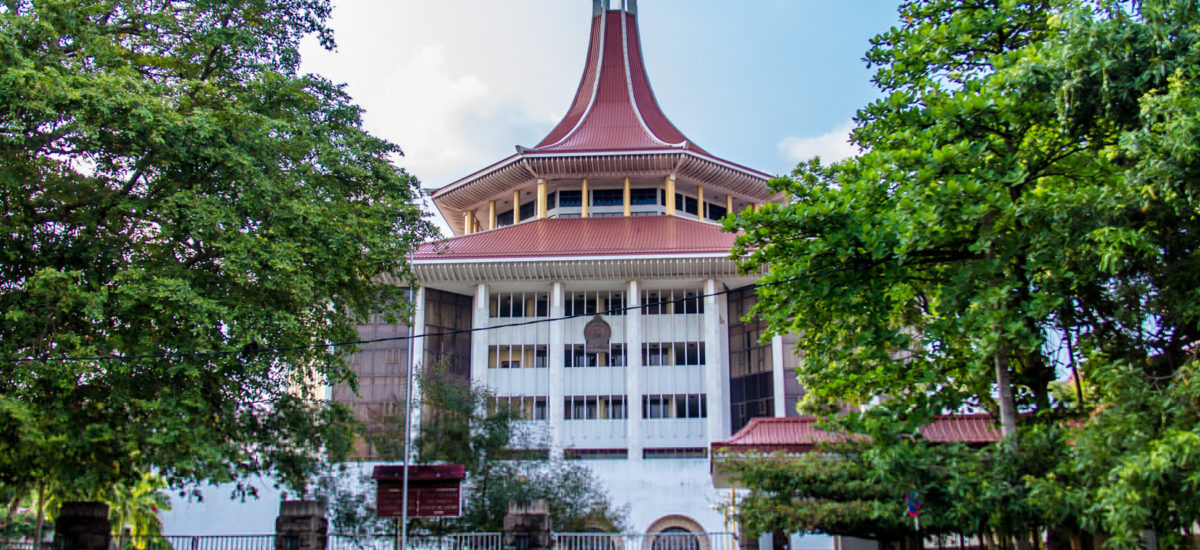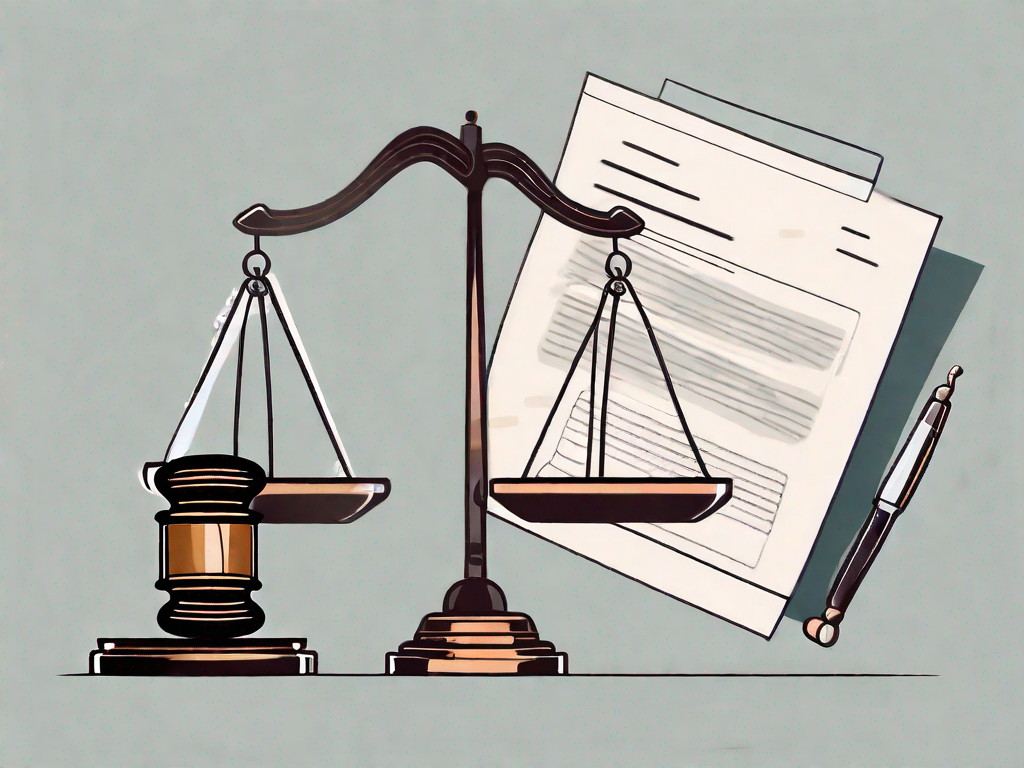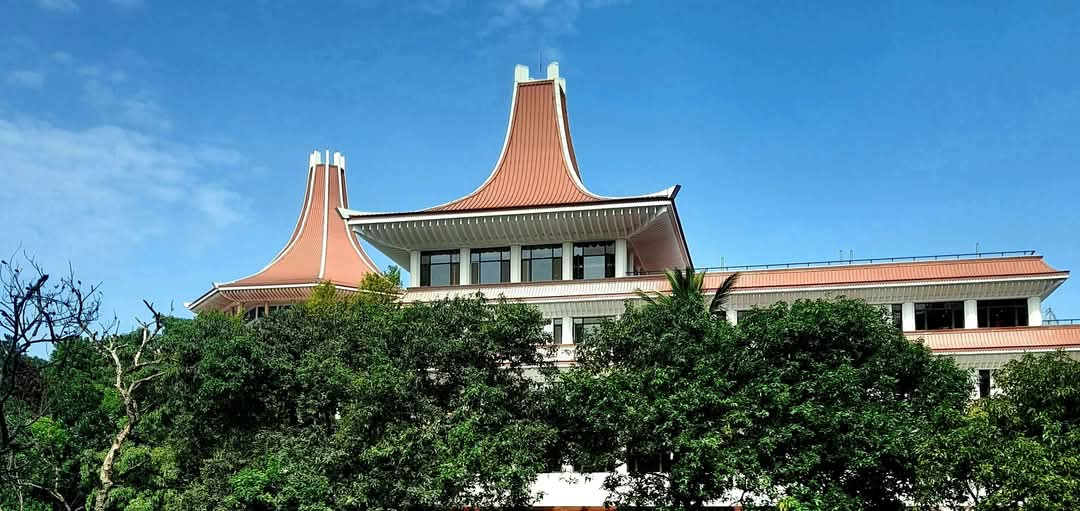SC Emphasizes the limit of Cabinet’s Power in Public Service Promotions
SC Slams Unjust Delay in Public Service Promotions, Awards Compensation

The Supreme Court has recently addressed significant issues regarding delays in public service promotions and the role of the Cabinet of Ministers.
A group of 132 Document Assistants from the Registrar General’s Department challenged delays in their promotions, arguing that they were unjustly postponed despite meeting eligibility criteria in 2011. Their counterparts in the Department of Pensions were promoted on time.
The Court awarded the Petitioners Rs. 25,000 each in compensation, acknowledging that their fundamental rights under Article 12(1) were violated by the unjust postponement of their examination. Justice Janak De Silva underscored the critical need for fairness and transparency in public service decisions, warning against the erosion of public trust due to arbitrary actions.
Time-Barred Issue
SC affirms indefinite postponement as a “continuing violation”
The Respondents contended that the case was time-barred under Article 126(2) of the Constitution, citing that the Petitioners did not challenge key decisions. However, the Petitioners argued that the violations were ongoing due to the indefinite nature of the postponement.
The Court ruled that the Petitioners’ application was not time-barred. It recognized the indefinite postponement as a “continuing violation” of their rights. The Court determined that the Petitioners’ claim, filed within a month after learning about the suspension of promotions on October 20, 2014, was timely. Justice Janak De Silva emphasized that indefinite delays constitute a continuing violation until a definitive cancellation is announced.
“…..There are certain types of executive or administrative actions which infringes a fundamental right immediately. There are other types of executive or administrative actions which amount to a continuing violation of a fundamental right. An example are the facts of this case where after the Petitioners were issued admission cards for the written examination, it was postponed indefinitely. As long as things remained so, it will be a continuing violation.
The moment a definitive decision is taken to cancel the examination, it ceases to be a continuing violation. Then an application to vindicate persons fundamental rights must be filed within one month of becoming aware of such definitive decision. Clearly the examination was only postponed and not cancelled. Therefore, the Petitioners had a reasonable expectation that the examination was only postponed indefinitely….”- Justice Janak De Silva
The Test whether FR Application is Time-Barred ?
Justice Jayawardena in Demuni Sriyani de Soyza [supra., at page 15] couched the following test to determine if an application is time barred:
i. (a) When did the alleged infringement occur?; or, if Petitioners claim they became aware of the alleged infringement only sometime after it occurred, when did they become aware of it or when should they have become aware of it?
(b) If the alleged infringement is in the nature of a continuing one which the Petitioners were aware of, till when did it continue?;
ii. If the application has been filed more than one month after the latest date determined when considering (a) and (b) above, have the Petitioners established that, they were unable to invoke the jurisdiction of this Court due to circumstances which were beyond their control and that, there has been no lapse, fault or delay on their part?
iii. If so, have the Petitioners filed this application within one month of any such disability ending?
Anonymous Letters in Public Service Promotion Delays
The Petitioners argued for equal treatment, citing that their counterparts were promoted while they were not. The Respondents argue that the examination postponement for the Registrar General’s Department was due to a Cabinet decision in November 2012. However, the main reason for the postponement appears to be an anonymous letter rather than a valid, legally justified cause.
The court reviewed public service examination was postponed indefinitely based on an anonymous letter. The court found that this action, taken without thorough investigation, infringed on the petitioners’ fundamental rights.
“…In the Anti-Corruption Bill Special Determination [S.C.S.D. 16-21/2023 at page 58], it was held that: “No doubt whistle blowing is an important element in ensuring the sovereign right of the people to a Government free of bribery or corruption……………. Nevertheless, whistle blowing does not extend to permitting making an allegation knowing such allegation to be false…..”
“…..Therefore, it is clear that it is extremely important to strike a balance between the complaint and persons implicated in an anonymous complaint. Naturally, the credibility of such complaint should be questioned at the outset. No authority should be empowered to act upon an anonymous letter without due consideration. The only way to remedy this is by further investigating the allegations made in such letters or petitions….”
“….The undated anonymous letter lacks specific information justifying the postponement or suspension of the examination, merely alleging that certain eligible candidates were favoured by the unions. It is pertinent to note that a total of 206 individuals were recruited to the Registrar General’s Department as Document Assistants, and this case involves 132 Petitioners, representing a clear majority. It is arbitrary for the Registrar General to have postponed an examination that significantly impacts the lives of so many individuals based on an anonymous letter without further investigation. The Registrar General should have exercised greater caution, adhering to principles of fairness and rationality….”
SC Emphasizes the limit of Cabinet’s Power in Public Service Promotions
The Supreme Court in this judgment has underscored limits on the Cabinet of Ministers’ role in public service appointments and promotions.
The court highlighted that while the Cabinet holds constitutional authority to set policies on public officer appointments, the Seventeenth Amendment has shifted these responsibilities to the Public Service Commission. This shift means the Cabinet must adhere to existing service rules unless new, clearly published directives are established.
“……. I intend to make an observation in this regard. Article 55 (1) of the Constitution confers upon the Cabinet of Ministers the authority to establish and determine policies concerning the appointment and promotion of public officers. The Seventeenth Amendment to the Constitution reallocated the responsibilities for the appointment, promotion, transfer, disciplinary control, and dismissal of public officers, excluding heads of departments, to the Public Service Commission. In Jayawardhana v. Gotabhaya Jayaratna, Secretary, Ministry of Education [S.C. (F.R.) 338/2012, S.C.M. 07.09.2018] which arose during the enforcement of the 18th Amendment, the Secretary of the Ministry of Education contended that the Ministry’s recommendation to the Cabinet was intended for a ‘policy decision’ to be made by the Cabinet of Ministers pursuant to its constitutional powers. Court declined to follow the precedent set in Hettiarachchi v. Seneviratne, Deputy Bribery Commissioner [1994 3 Sri.L.R. 290]. Court held that, in the absence of a published directive from the Cabinet of Ministers establishing a special procedure and specified guidelines necessitated by policy and grounded on objective and rational criteria, the Cabinet of Ministers is expected to act according to the existing service minute. Any deviation from this approach would leave public officers, and those aspiring to become public officers, ensnared in uncertainty and insecurity regarding their prospects of entering the Public Service, their terms of employment, and their promotion opportunities within the Public Service. The detrimental effects of such a situation are both significant and far-reaching. Evolving standards of equal protection dictate that the Cabinet of Ministers cannot act arbitrarily under the guise of making ‘policy’ decisions…….” – Justice Janak De Silva
SC Cites Promotion delays as Risks to Public Service Efficiency
“I would like to put on record some observations regarding the critical importance of upholding high standards in the public service. The public service plays a pivotal role in the functioning of our society, serving as the backbone of government operations and ensuring that essential services are delivered efficiently and equitably to all citizens. High standards in the public service are not merely aspirational goals; they are foundational to maintaining public trust and confidence in government institutions.
One must question how the public service expects employees to remain motivated and satisfied if they are denied opportunities for promotion. Promotions are a crucial element in retaining talented officers in the state sector. Given that many officials have significant personal commitments, the associated increase in salary, both monetary and non-monetary benefits, and the prestige that comes with being promoted are essential motivators that enhance job satisfaction among public officers.
When the opportunity for promotion is presented, employees naturally prepare themselves mentally to meet the required conditions to achieve this advancement. Offering the promise of promotion, particularly when their counterparts have already been promoted, provides more than just hope; it creates an expectation. When this expectation is unfulfilled, it not only undermines their work efficiency, affecting the entire public service, but also impacts their personal lives, including their relationships, and, most importantly, their mental health. These repercussions extend beyond the individual, affecting society as a whole. No decision regarding the public service, or any decision affecting public life, should be made arbitrarily, capriciously, or unfairly. The detrimental effects of such actions are far reaching and can erode the very foundations of a well-functioning public service. It is imperative that decision makers in the public sector recognise the profound impact of their decisions and strive to act with fairness, transparency, and integrity
Based on the foregoing reasons, I declare that the Registrar General has infringed the Petitioners’ fundamental rights guaranteed under Article 12 (1) by postponing the examination based upon anonymous letter without further investigation into its contents. I award the Petitioners a sum of Rs. 25,000/= each as compensation payable by the State. Regrettably, Court is not in a position to make any pronouncement on the cancellation of the examination since the Cabinet of Ministers have not been made parties to this application.” – Justice Janak De Silva
Case No: S.C. (F.R.) Application No. 340/2014 [Decided on: 30.08.2024]
Before: Hon. E. A. G. R. Amarasekara, J. Hon. A. L. Shiran Gooneratne, J. Hon. Janak De Silva, J.






